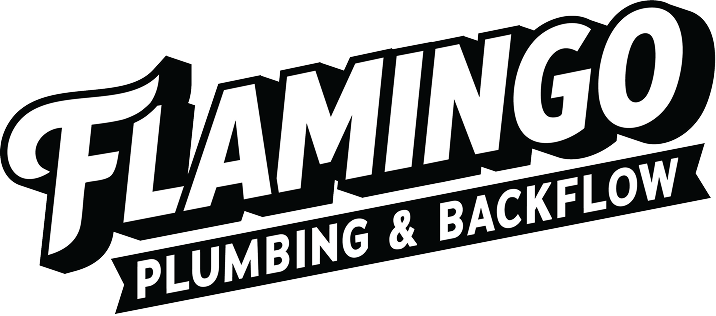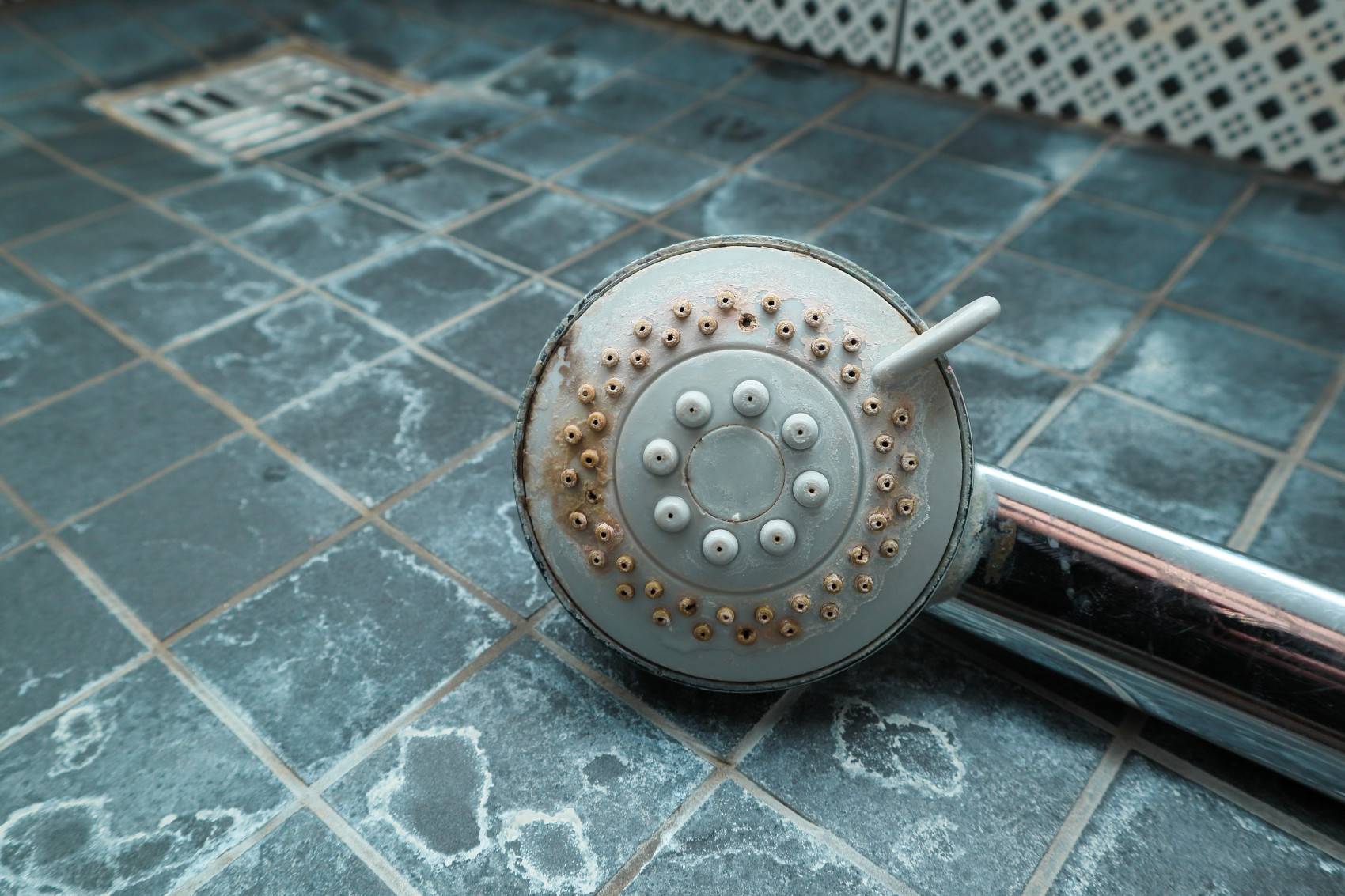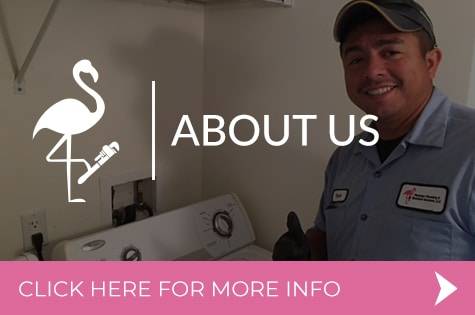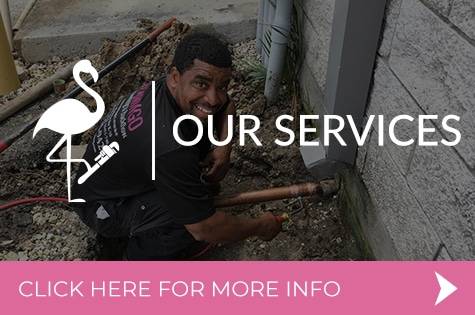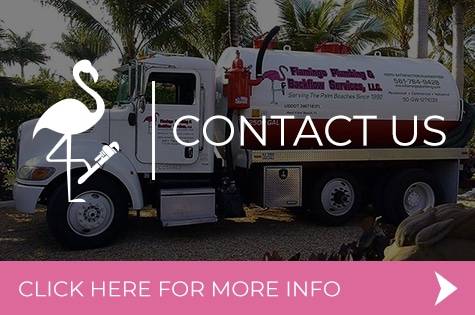Mineral buildup is a stealthy culprit in household plumbing systems and one of the biggest reasons that we see drains become clogged. As hard water circulates through pipes, minerals like calcium, magnesium, iron, and copper precipitate out, clinging to the inner surfaces. These accumulations narrow the pipes’ diameter, reducing water pressure and potentially leading to severe blockages.
This phenomenon isn’t just about slower showers or clogged drains. The chemistry of hard water involves dissolved minerals that, when subjected to changes in temperature and pressure, form hard, crusty deposits. These are most prevalent in places with frequent water contact, such as kitchen and bathroom fixtures, water heaters, and boilers. Recognizing the early signs of mineral buildup is key to maintaining an efficient plumbing system and avoiding costly repairs down the line.
Signs of Mineral Buildup
Detecting mineral buildup early can save homeowners from unexpected plumbing disasters. Common indicators include reduced water flow from faucets and showerheads, spots on dishes after washing, and a white, chalky residue on fixtures. These signs suggest that mineral deposits are beginning to obstruct water passages.
Key Indicators to Watch For:
- Reduced Flow Rate: Water trickling instead of flowing strongly can point to narrowing pipes due to mineral deposits.
- Spotty Dishes and Fixtures: Residual white spots and films are telltale signs of hard water.
- Strange Noises in Pipes: Banging or popping noises from your plumbing can be due to uneven water flow caused by scale buildup.
- Increased Heating Costs: Boilers and water heaters may have to work harder to heat water through scaled systems, leading to higher energy bills.
Being vigilant about these signs allows for timely interventions, preventing the mineral buildup from escalating into more severe plumbing issues.
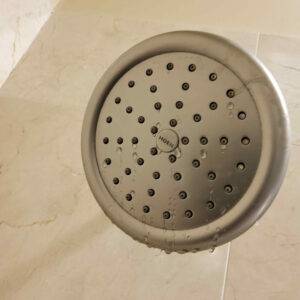 Detailed Solutions to Tackle Mineral Buildup
Detailed Solutions to Tackle Mineral Buildup
Addressing mineral buildup requires a tailored approach, considering the extent of deposition and the areas affected. Homeowners can choose from a variety of methods to effectively remove and manage these mineral deposits.
Effective Removal Techniques:
- Vinegar Soak: For an eco-friendly solution, immerse your showerhead in a bag filled with white vinegar overnight. To clear drains, pour vinegar directly down the drain, let it sit for a few hours, then flush with hot water. The acetic acid in vinegar helps dissolve the mineral deposits.
- Commercial Lime Removers: When vinegar isn’t enough, commercial lime and scale removers can tackle heavier buildup. Choose a product suited for your plumbing system, apply as directed, and ensure proper ventilation during use to avoid inhaling fumes.
- Plumbing Snake: Mechanical removal using a plumbing snake can break up and clear out hardened deposits inside pipes. This method is particularly useful for severe blockages that chemical solutions can’t dissolve.
- Water Softener System: Installing a water softener treats the water at its entry point into your home, preventing minerals from depositing. Regular maintenance of the system ensures it continues to function effectively.
- Regular Maintenance: Simple habits like routinely cleaning showerheads and faucets can prevent the accumulation of mineral deposits. Consider professional inspections if you suspect your plumbing might be at risk.
- Professional Hydrojetting: For thorough cleaning, hydrojetting uses high-pressure water to remove mineral buildup and other obstructions from plumbing systems. This method not only clears existing blockages but also cleans the walls of the pipes, which prevents future problems. It’s especially recommended for recurrent issues and is safe for the environment as it uses no chemicals. You’ll need a professional for this one.
By implementing these strategies, you can restore and maintain optimal water flow throughout your plumbing system, ensuring longevity and efficiency.
Preventative Measures
Preventing mineral buildup from starting is more cost-effective than addressing it after it has occurred. By incorporating several strategic actions into regular home maintenance routines, homeowners can significantly reduce the likelihood of hard water problems.
Strategies for Prevention:
- Water Softener Installation: Consider installing a water softener system to treat the water as it enters your home, reducing the concentration of calcium and magnesium, which are primarily responsible for scale buildup.
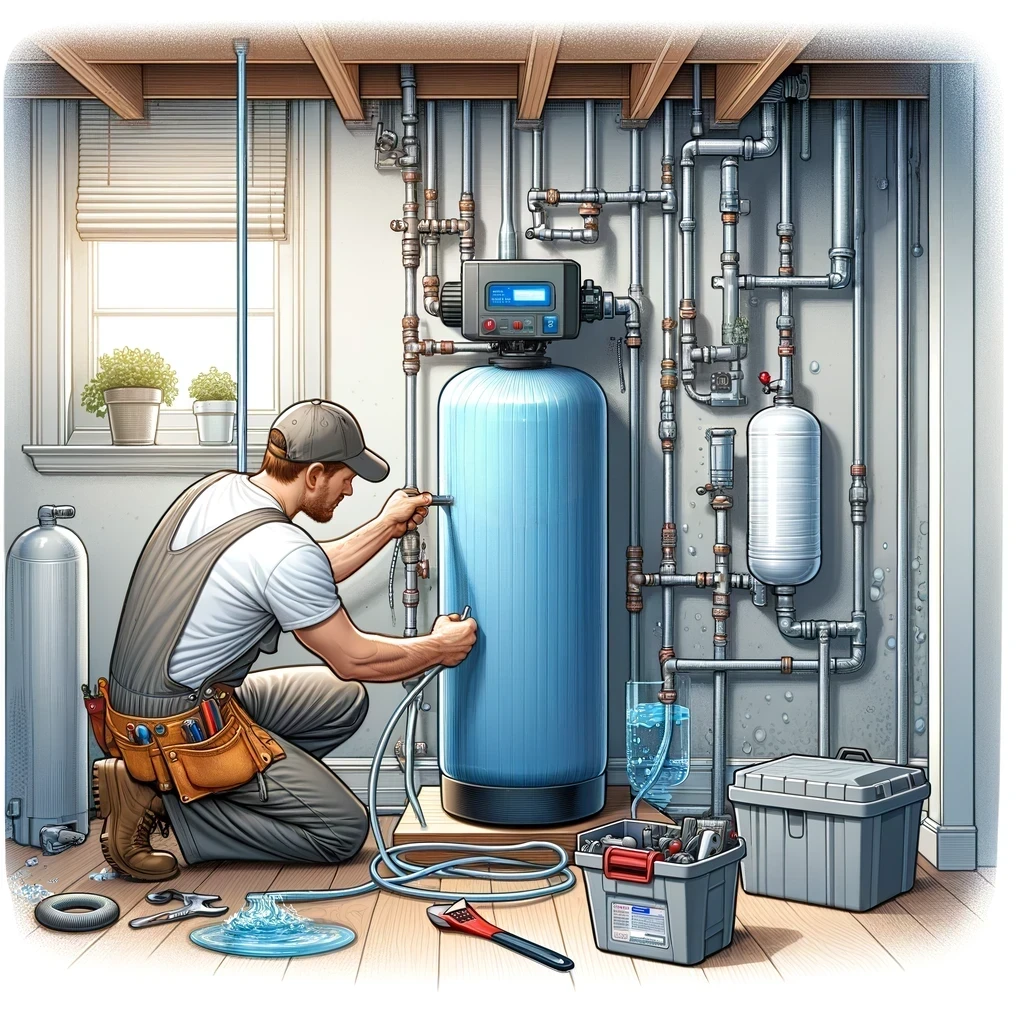
- Periodic Water Testing: Regularly test your water hardness levels, especially if you live in an area prone to hard water. This will help you adjust your water treatment systems accordingly and catch potential issues early.
- Use of Phosphate Filters: Phosphate filters can be added to your plumbing system to coat the pipes and prevent minerals from sticking, thus safeguarding against clogs and buildup.
- Routine Cleaning and Inspections: Incorporate the cleaning of faucets, showerheads, and appliance water inlets into your regular cleaning schedule. Additionally, having a professional plumber inspect your system annually can catch signs of buildup before they escalate into serious issues.
These preventative measures not only extend the life of your plumbing but also ensure that your home maintains efficient and safe water usage.
The Cost of Mineral Buildup
Mineral buildup in plumbing systems not only disrupts water flow but also incurs significant costs if not managed effectively. The financial implications can be far-reaching, from increased utility bills to expensive repairs or replacements.
Breakdown of Potential Costs:
- Increased Energy Bills: Heaters and boilers work harder when scale accumulates within the system, consuming more energy to heat water to the desired temperature. This inefficiency translates to higher energy costs over time.
- Frequent Repairs: Appliances such as dishwashers, washing machines, and water heaters are particularly susceptible to mineral buildup, which can cause malfunctions and necessitate frequent repairs. The cost of parts and labor can add up quickly.
- Plumbing Restoration: Severely clogged pipes may require professional plumbing services to either descale or replace sections of the plumbing. Depending on the extent of the buildup, this can be a costly endeavor, especially if walls or floors must be opened to access the pipes.
- Fixture Replacement: Showerheads, faucets, and toilets can suffer from reduced functionality due to mineral deposits. Replacing these fixtures, especially with high-quality models designed to resist scaling, can be an expensive proposition.
- Water Wastage: Restricted water flow means that appliances and showers take longer to deliver water, which can lead to increased water usage and, consequently, higher water bills.
Investing in preventive measures and regular maintenance can dramatically reduce these costs, safeguarding household budgets from the unforeseen expenses associated with mineral buildup.
Should You Call a Professional Plumber for Mineral Buildup Issues?
When it comes to dealing with mineral buildup in your plumbing, being proactive is important to saving money and avoiding bigger headaches down the road. Here are some compelling reasons why you should consider using our plumbing services to address these challenges:
- Expert Diagnosis: Mineral buildup can be tricky to detect before it causes serious issues. Our experienced plumbers have the tools and expertise to identify early signs of buildup and assess the extent of the problem, ensuring that nothing is overlooked.
- Cost-Effective Solutions: Neglecting mineral buildup can lead to increased energy bills, frequent repairs, and even the costly replacement of fixtures and pipes. By engaging our professional services, you can prevent these expenses. We offer cost-effective solutions tailored to your specific plumbing system’s needs, from simple cleaning to more extensive repairs or replacements.
- Advanced Removal Techniques: Our team is equipped with the latest technology and products to efficiently remove mineral deposits. Whether it’s through chemical treatments or mechanical tools like plumbing snakes, we ensure that your pipes are cleared without damaging your plumbing system.
- Long-Term Prevention: Beyond just addressing existing buildup, we focus on prevention. We can install water softeners and recommend changes to protect your plumbing from future mineral deposits. Regular maintenance and inspections by our professionals can extend the lifespan of your plumbing system and keep it running smoothly.
Guaranteed Satisfaction: We stand by our work with guarantees on service and parts. Our goal is to ensure that you are completely satisfied with our services and that your plumbing system remains efficient and free of mineral buildup.
